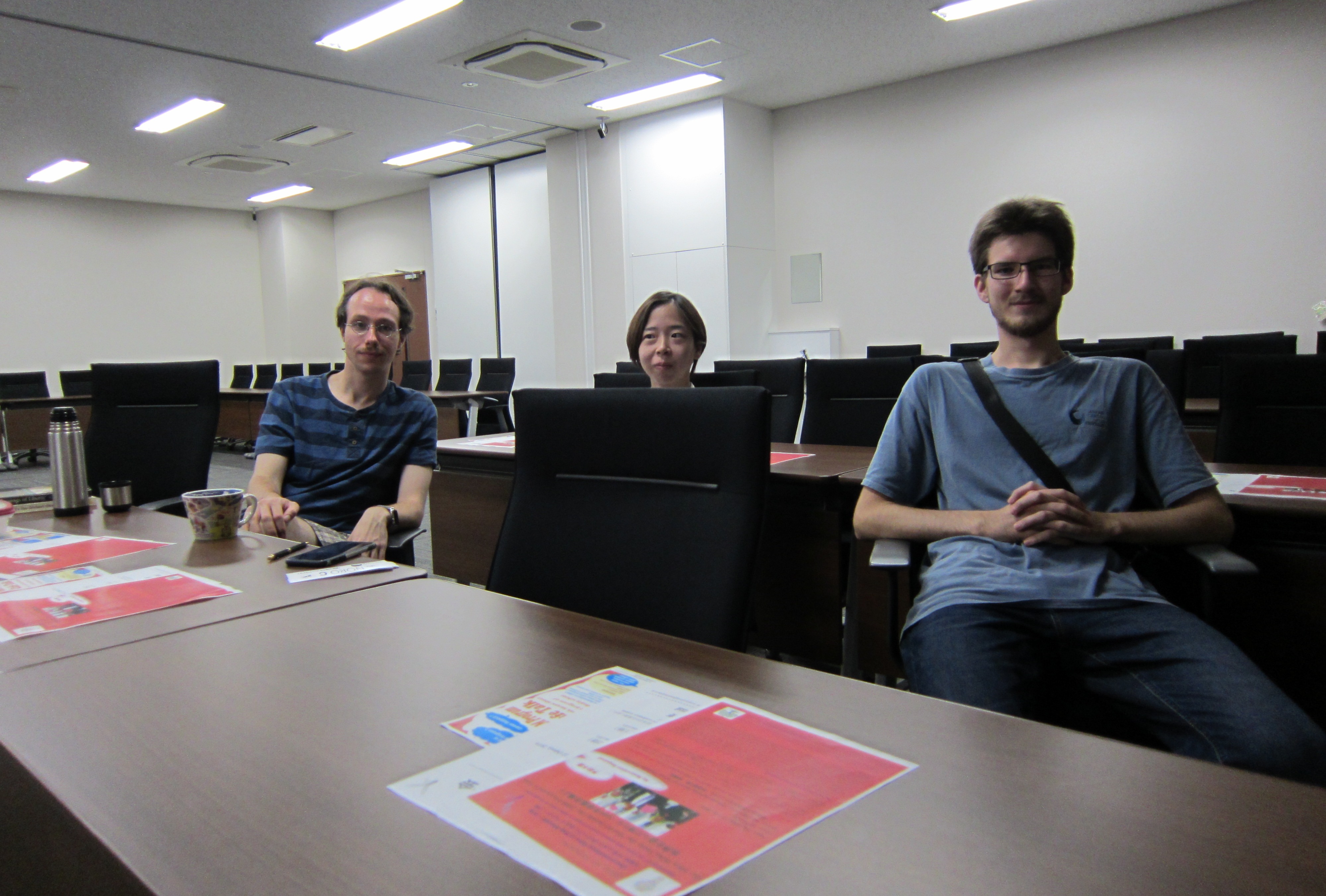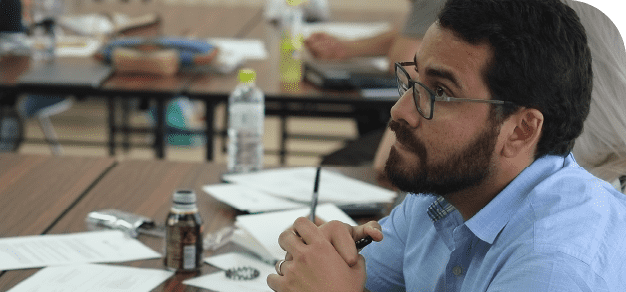Recent Activities
GRM Monthly Documentary Film Event - July
2019/07/12
A documentary film event was held on Thursday, 11 July 2019.
We watched a film, titled
“The Men Who Stole the World: Inside the 2008 Financial Crisis”
----------------------------
Date: Thursday, 11 July 2019
Time: 17:30 P.M. - 19:30 P.M
Venue: Meeting Room, Shikokan Building, Karasuma Campus
----------------------------
■Commentary
Written by Iyas Salim
Living the post 2008 Financial Shock is a defining moment in contemporary times. Known also as the Lehman Shock, it’s been described as “the largest single bankruptcy in the history of financial institutions.” The bank of Lehman Brothers was one of the biggest offenders which went bankrupt on 15 September 2008, resulting in an unprecedented drop of the New York Stock Exchange. The immediate aftermath was swift and contagious, sending global finance institutions and banks into chaos. The rippling effects certainly caused havoc in the lives of millions of people. What happened? Who are responsible? And how are the guilty? How did the government respond? And are we learning the lessons?
These questions are probably in the mind of many people. For years before the shock, citizens of major countries have gotten accustomed, or rather hypnotized, with the idea of banks “too big to fall.” But, fall they did, and in a spectacular way, albeit causing misery and uncertainties among regular folks and families.
This film provides a glimpse of what is going in the complex terrain of secrecy, deception and outright thuggery, at many national and global financial institutions. It is reported the amount of loans granted to people with low credit scores- that is subprime mortgages- went from $35 Billion per year to $600 Billion per year. 30 million jobs were lost between 2008 and 2011 worldwide. To make matter worse, governments, namely Obama Administration, bailed out the big banks with a staggering amount of $700 billion; though experts argue the number is in fact in the trillions. The outcome is simply put epochal, as some argue if it was not for the 2008 Financial Shock, there would not be Brexit, election of Trump and the growing momentum of populism across Europe, India, etc. It is a turning point.
The film tells the story of a former hedge fund, Philip J. Baker, where the fund was based in the U.S. and eventually collapsed during the financial shock. German authorities arrested Baker in July 2009 and extradited him to the U.S. government. A U.S. federal court sentenced him to twenty years in prison on charges of fraud and financial crimes. He was found guilty of costing about 9000 investors worldwide with $294 million. Baker served eight years in prison and then released on parole. Baker is angry and he wants to tell his story. He said government did not go after the “big fish” who are at the top of the pyramid and responsible for the financial crimes, accusing the government authorities of being disingenuous, and deceiving the public by appearing of going after financial criminals. The fact is the government went after small managers of hedge funds, considered “pennies” compared to the multi-billion investment companies, such as those in Wall Street. According to Baker, the arrests of some minor financial mangers was a mere publicity stunt to responded to the public outcry, and for the government to appear as if it is taking action and cracking down on suspicious financial institutions.
After the film, participants thought the film provoked worrying issues which remain lingering on after the 2008 Financial Shock. Are we learning the lessons? Those responsible for crimes committed in 2008, are still free at large, continuing to operate just like before.
Whether you call it a finical shock or economic collapse or great depression, history informs us that crisis at such scale are major turning points. After the great depression of early 1930s, Hitler came to power and later the WWII. The question is how the world is dealing.



